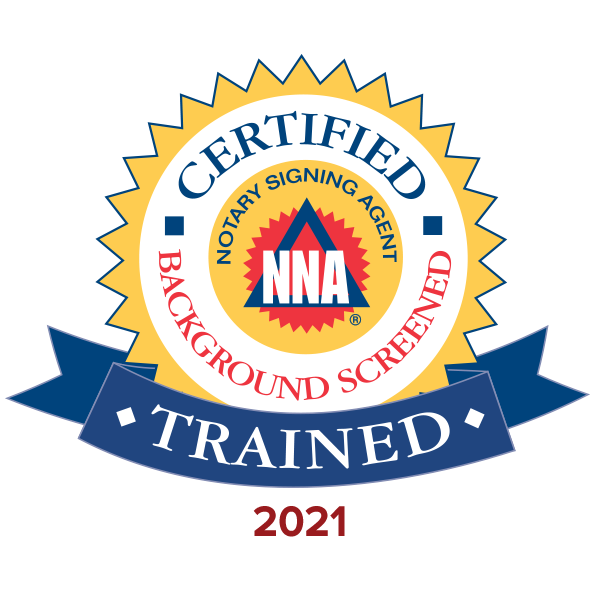What a Notary Can and Cannot do for you
What Is The Unauthorized Practice Of Law?
The unauthorized practice of law means offering legal services without being licensed as an attorney. Statutes, court opinions and ethics rulings from the state bar often define legal services in the following ways:
Only attorneys licensed by the bar in a particular state may perform these services, non-attorney Notaries may not.
Avoiding Unauthorized Practice Of Law
The Notary Public Code of Professional Responsibility provides the following list of services Notaries are NOT allowed to offer customers:
The unauthorized practice of law means offering legal services without being licensed as an attorney. Statutes, court opinions and ethics rulings from the state bar often define legal services in the following ways:
- Giving advice about a document a customer needs.
- Recommending the type of notarization required.
- Offering an opinion about the legality or effect of a document.
Only attorneys licensed by the bar in a particular state may perform these services, non-attorney Notaries may not.
Avoiding Unauthorized Practice Of Law
The Notary Public Code of Professional Responsibility provides the following list of services Notaries are NOT allowed to offer customers:
- Notaries may not choose the particular document a customer may need for a transaction.
- Notaries may not choose the type of notarization or certificate wording for a given document. The customer must decide.
- Notaries may not prepare a document or give advice on how to fill out, draft or complete a document.
- Notaries may not provide legal advice or answer questions about a legal matter.

